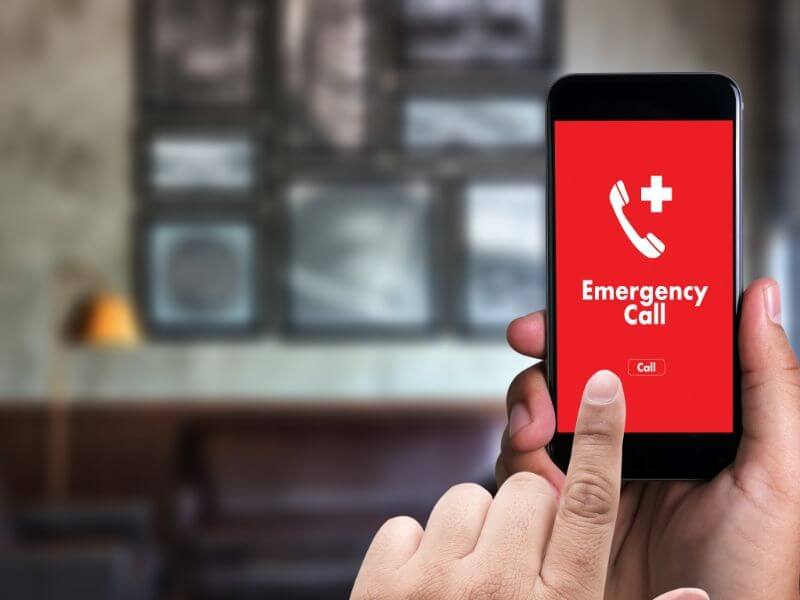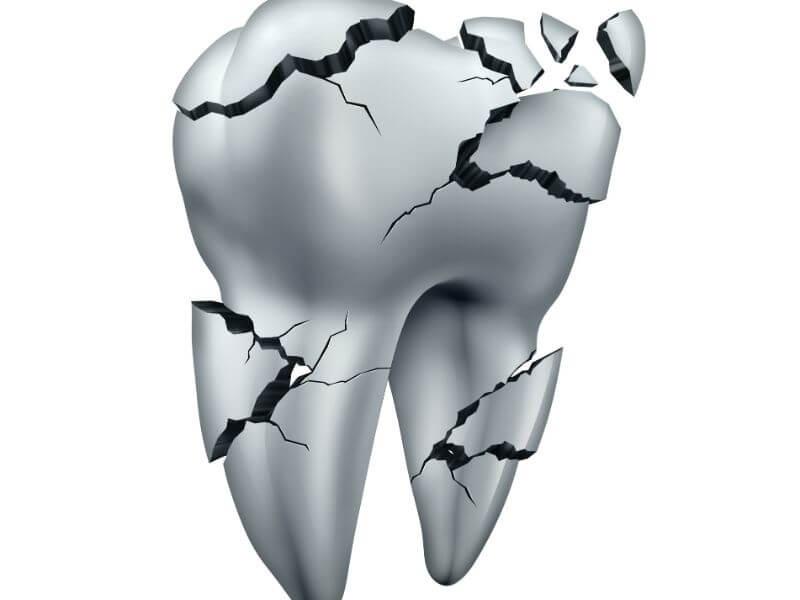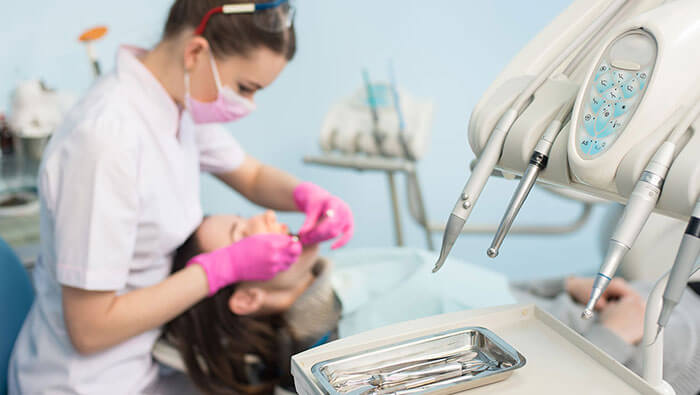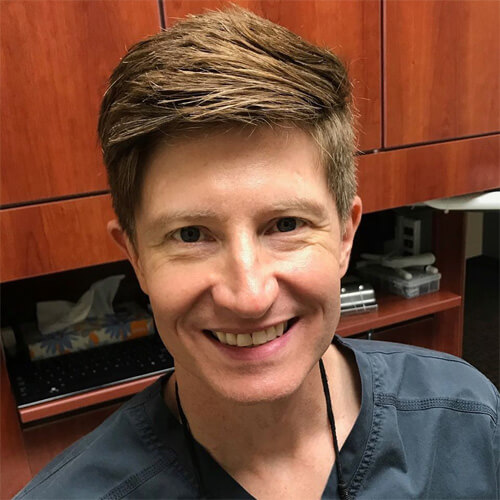When it’s the weekend and you’re having pain in your teeth, mouth or gums, how do you know if you’re dealing with a dental emergency, versus an issue that can wait until the next day your dental office is open? Often the answer to this question depends on the severity of the problem, the level of pain, and whether or not immediate assistance will affect your outcome. In this article, we will go over some common situations, and evaluate whether they should be considered dental urgent care or not.
Key Takeaways
- Dental abscess: Immediate treatment needed due to severe tooth pain and risk of systemic infection.
- Loose tooth: Can wait until Monday, but avoid food or drinks that can further irritate or dislodge the tooth.
- Post-surgical issues: Contact your dentist with any concerns about swelling, discoloration, pain, or fever.
- Large crack or chip: Not a serious emergency, but call your dentist if you experience pain or for further advice.
- Knocked-out tooth: Contact your dentist immediately for a chance of salvaging the tooth.
What are urgent dental emergencies?
When you’ve got a dental situation after hours, it’s hard not to panic. Whether it be a toothache, a chip, or knocked out tooth, no one likes oral pain. But how do you know when you should contact your dentist after hours, and how do you know when you can wait?

Dental abscess
A dental abscess or an infected tooth is one of the most painful dental conditions.
Any tooth infection is usually linked to a bacterial infection. These can turn serious the longer they’re left untreated because the bacteria can enter the bloodstream and cause a systemic blood infection. Severe tooth pain shouldn’t be taken lightly. A dental abscess requires immediate treatment with an antibiotic, to address the underlying infection.
Typically, if you’re experiencing dental pain on a weekend, your dental office will try to determine over the phone if it’s an abscess. If they suspect that it is, they will want to make plans to see you ASAP, so they can confirm the diagnosis and prescribe an antibiotic. They will also want to see you on the next business day, because it’s likely that you will need further dental treatment, like a filling, an extraction, or even a root canal.
Loose tooth
While a loose tooth might seem like dental urgent care, must-call-the-dentist event, believe it or not, it can wait until Monday when the office reopens. However, until you can get in to see your dentist, you’d be wise to avoid food or drinks that can irritate or dislodge the tooth, which would make the situation worse.
Post-surgical issues
Following dental surgery, like placing an implant or having an extraction, your dentist will want to know if you’re experiencing any unusual swelling, discoloration, pain or fever. Infection is always a risk when performing surgical procedures, and one that needs quick action, so don’t hesitate to reach out with any post-surgical concerns.
Large crack or chip
These can be unsightly and worrisome. However, as bad as they may look, they aren’t a serious dental emergency. The worry with large cracks and chips is the possibility of infection if they go deep enough. If you experience any pain in addition to a large crack or chip, it’s wise to call your dentist for further advice.
Knocked-out tooth
Having a tooth come out can send you into a panic. It might be one of the most alarming dental problems for patients, whether it’s your own tooth or the tooth of a child or other loved one. While it can seem like the tooth is gone for good, if you act quickly, believe it or not, it could still be salvageable. If you have an intact tooth, that isn’t damaged but is simply knocked clean out, contact your dentist immediately.
What to do in a dental emergency?
If you’re experiencing a true dental emergency, it is essential not to wait. Call your dentist as soon as possible. He or she will be able to go over the situation and let you know what needs to happen at that time, or if it’s possible to wait until the next day to see them.

What is non-urgent dental care?
Now that you have a good understanding of what qualifies as a dental emergency, what is considered a non-urgent event? Below are the issues that can wait until Monday and don’t require immediate attention.
Lost filling, crown, or bridge
Losing a filling, crown, or bridge can happen to anyone. When it does, it can be pretty alarming. However, take a break, and breathe. This isn’t a dental urgent care situation, and waiting to see your dentist at the next available appointment will be fine. If possible, retain any filling, crown, or bridge and bring it with you to your dentists’ office.
Dull toothache
A dull toothache is one that can be resolved with over the counter pain medication, like Tylenol or Ibuprofen. These don’t require immediate care. However, it could be a cause for concern, and the problem could worsen. It’s very important to see your dentist if you have dull tooth pain that isn’t solved with over the counter medicine or lasts more than a few days.
Smaller chips & cracks
Chips and cracks are fairly common. Biting into something hard, or chewing something chewy like gum, or grinding your teeth at night while you’re asleep, all can cause your teeth to crack or chip.
What should you do?
If you suspect that you have a non-urgent dental situation, you should still contact your dentist, even if it’s after hours. Your dentist will want to ask you some questions to make a medical determination whether your situation is dental urgent care or not. This isn’t a decision that you should make on your own. If your dentist determines your situation isn’t urgent, you can wait until the next business day to get treatment, and there won’t be any harmful side effects. But if your dentist thinks you need to be seen right away, it’s important for your best outcome that you follow their recommendations and get treatment immediately.
Conclusion
Tooth problems can happen at any time and for any number of reasons. Whether or not they are dental emergencies is a medical judgment, and you will not want to make this decision on your own. If you’re experiencing a dental situation and you aren’t sure what to do, give us a call. We are happy to help. We can counsel you if you need help urgently, or, if your situation can wait, we reserve next-day emergency appointments to accommodate you.


